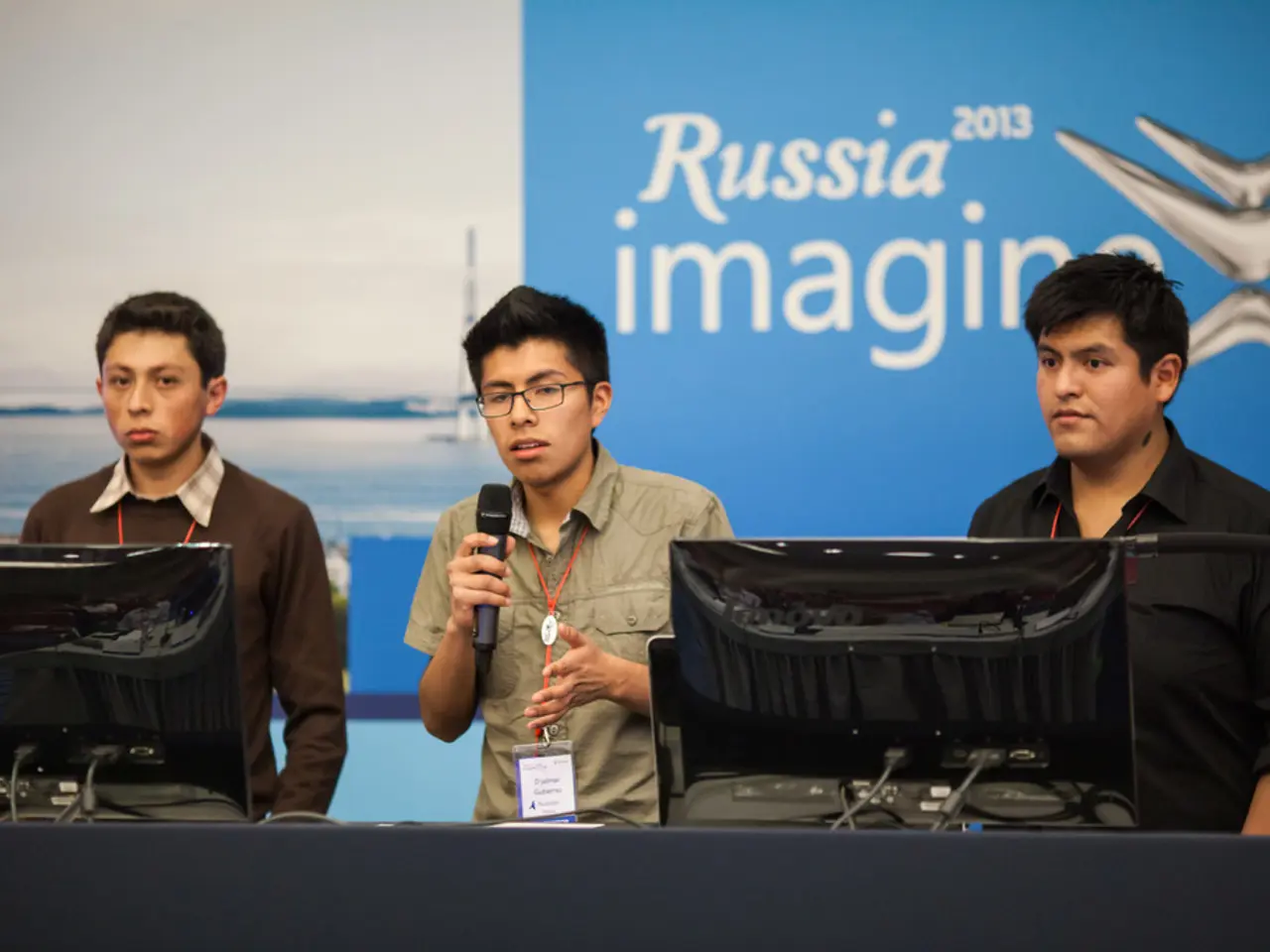Russia and Ukraine steadfastly maintain their positions before the anticipated Putin-Trump meeting
Russia has proposed a peace deal that includes international legal recognition of its annexations of Ukraine's Crimean Peninsula and four regions, a move that Ukraine vehemently opposes. The current proposed terms revolve around Russia demanding recognition of all occupied territories as Russian, security guarantees that Ukraine will never join NATO, and lifting sanctions on Russia. Ukraine, on the other hand, insists on a full withdrawal of Russian troops, return of prisoners and kidnapped children, prosecution of Russian leaders for war crimes, and security guarantees to prevent further aggression.
Russian President Vladimir Putin has maintained his uncompromising demands in the war in Ukraine. Putin sees a possible meeting with U.S. President Donald Trump as an opportunity to negotiate a broad deal that would cement Russia's territorial gains and prevent Ukraine from joining NATO. However, Trump's peace proposal does not include Ukrainian President Volodymyr Zelenskyy at the table, causing concerns among Ukraine and its European allies.
Zelenskyy, firm in his positions, has rejected any peace deal or territorial “swapping” reached without Ukraine's direct involvement. He emphasizes that Kyiv must decide on any concessions and demands genuine security guarantees. Zelenskyy has expressed skepticism about the US-Russia summits, warning they will fail without including Ukraine. He also stresses the importance of coordinated efforts of Ukraine, the US, and Europe to force Russia to peace.
Trump, in a more conciliatory tone, advocates for a peace deal that could involve a “swapping of territories” and has suggested that both Putin and Zelenskyy are ready to make peace. However, his view has raised concerns in Kyiv and among its European allies about potentially sidelining Ukraine's interests.
Stanovaya, from the Carnegie Russia and Eurasia Center, predicts Putin might agree to meet Zelenskyy, but only under prearranged conditions and predetermined outcomes. She believes Putin will not budge on his goals and wants Ukraine to surrender. Stanovaya also suggests the peace effort is likely to fail, and the conflict between Russia and Ukraine is likely to persist for the foreseeable future.
In an attempt to gain an advantage, Putin has called the leaders of China, India, South Africa, and several ex-Soviet nations, possibly indicating a close approaching ceasefire or peace deal. However, Putin could potentially accept a temporary truce to win Trump's sympathy as he seeks to achieve broader goals.
In Istanbul, Russia offered Ukraine two options for establishing a 30-day ceasefire, one of which includes Ukraine's withdrawal of forces from Donetsk, Luhansk, Zaporizhzhia, and Kherson. Ukraine has stood firm in its positions, agreeing to a ceasefire proposed by Trump while refusing to abandon seeking NATO membership. Putin's demands reflect his determination to reach goals set at the start of the full-scale invasion of Ukraine in 2022.
As the negotiations continue, it remains to be seen whether a peaceful resolution can be reached that satisfies both Russia and Ukraine. The stalemate in the conflict persists, with both sides dug in and unwilling to make significant concessions. The international community watches closely, hoping for a resolution that brings an end to the violence and suffering in Ukraine.
- Despite Ukraine's insistence on security guarantees and full withdrawal of Russian troops, Russian President Vladimir Putin continues to push for territorial gains and vetoes on Ukraine joining NATO, highlighting the ongoing politics and war-and-conflicts in Ukraine.
- General news outlets have reported on the proposed peace deal, which includes an exchange of territories, causing concerns in Ukraine and among its European allies about potential sidelining of Ukrainian interests in the negotiations.
- The politics surrounding the ceasefire discussions in Istanbul, such as Russia's demands for Ukraine to withdraw forces from certain regions and Ukraine's refusal, highlight a stalemate in the conflict and the entangled nature of crime, politics, and general news in the Ukraine-Russia disagreement.







